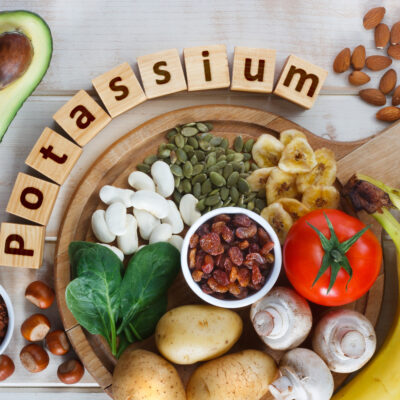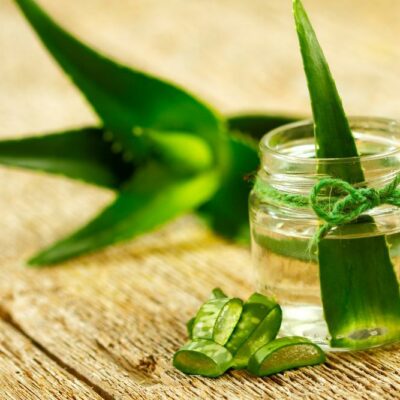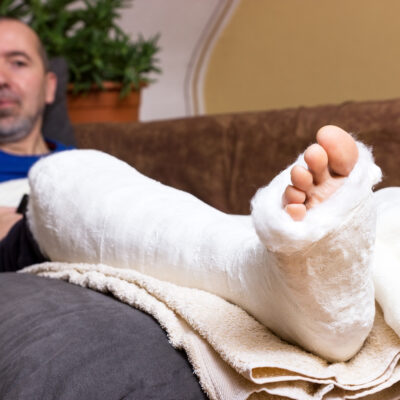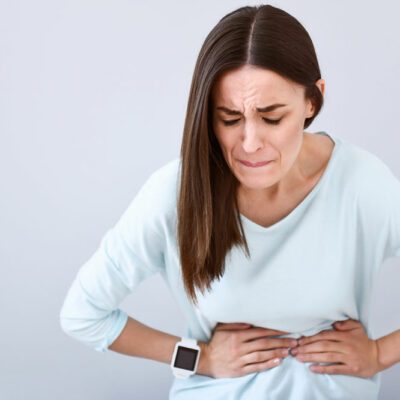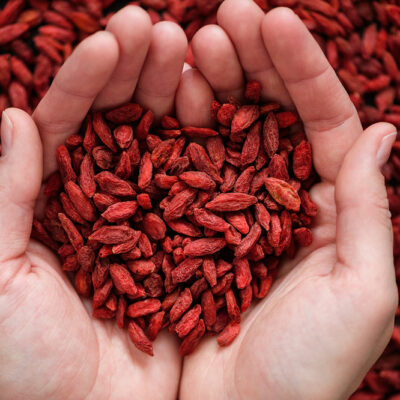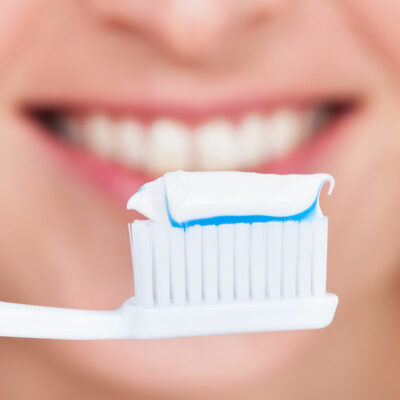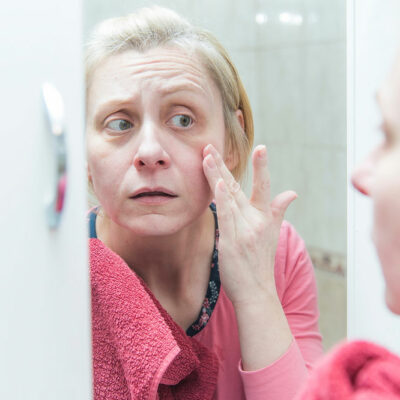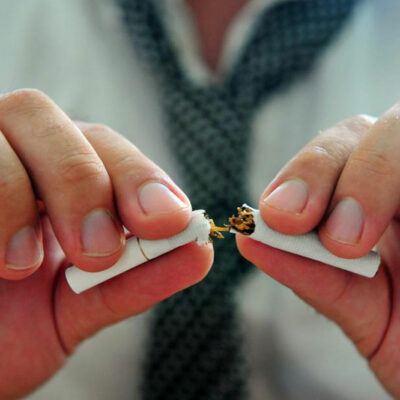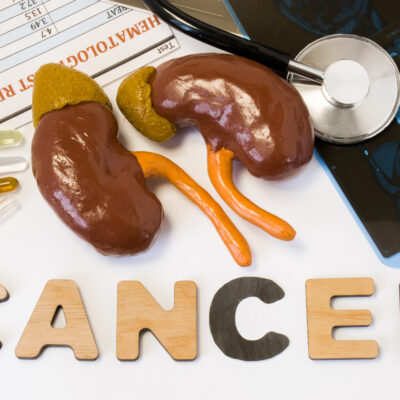
Health
5 Early Signs of Kidney Cancer
Kidney cancer is a common cancer in both women and men, and most patients are over 60 years old. Almost all of the kidney cancer appears first in the lining of the tiny tubes in the kidney, and this type is also named as Renal Cell Carcinoma RCC. Fortunately, most of the kidney cancer could be found before spreading to the distant organs. In general, the cancer found early is easier to be treated successfully. The following are the 5 early signs and symptoms of kidney cancer: 1. Blood in the urine Blood in the urine, called Hematuria, is probably the most common sign, which appears in 40 to 50% of the patients with kidney cancer, by the Kidney Cancer Association. The colors of the urine could range from pink, brownish, to red. Also, the presence of the blood in the urine could be inconsistent, appearing probably every other day. Sometimes when the amount of blood in the urine is small, it could be detected only during a urinalysis. Whenever you find blood in the urine, always see a doctor. 2. Pain in the lower back Back pain is quite common in the ones over 40 years old, which is usually because of the disk degeneration or musculoskeletal injury.
Read More 
